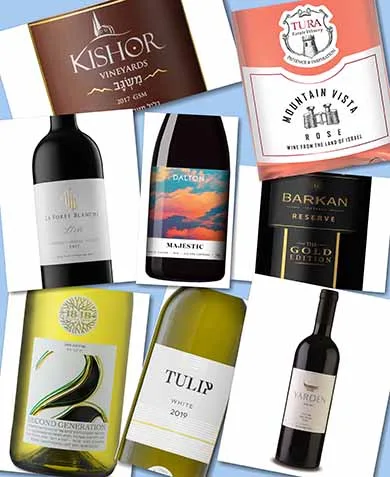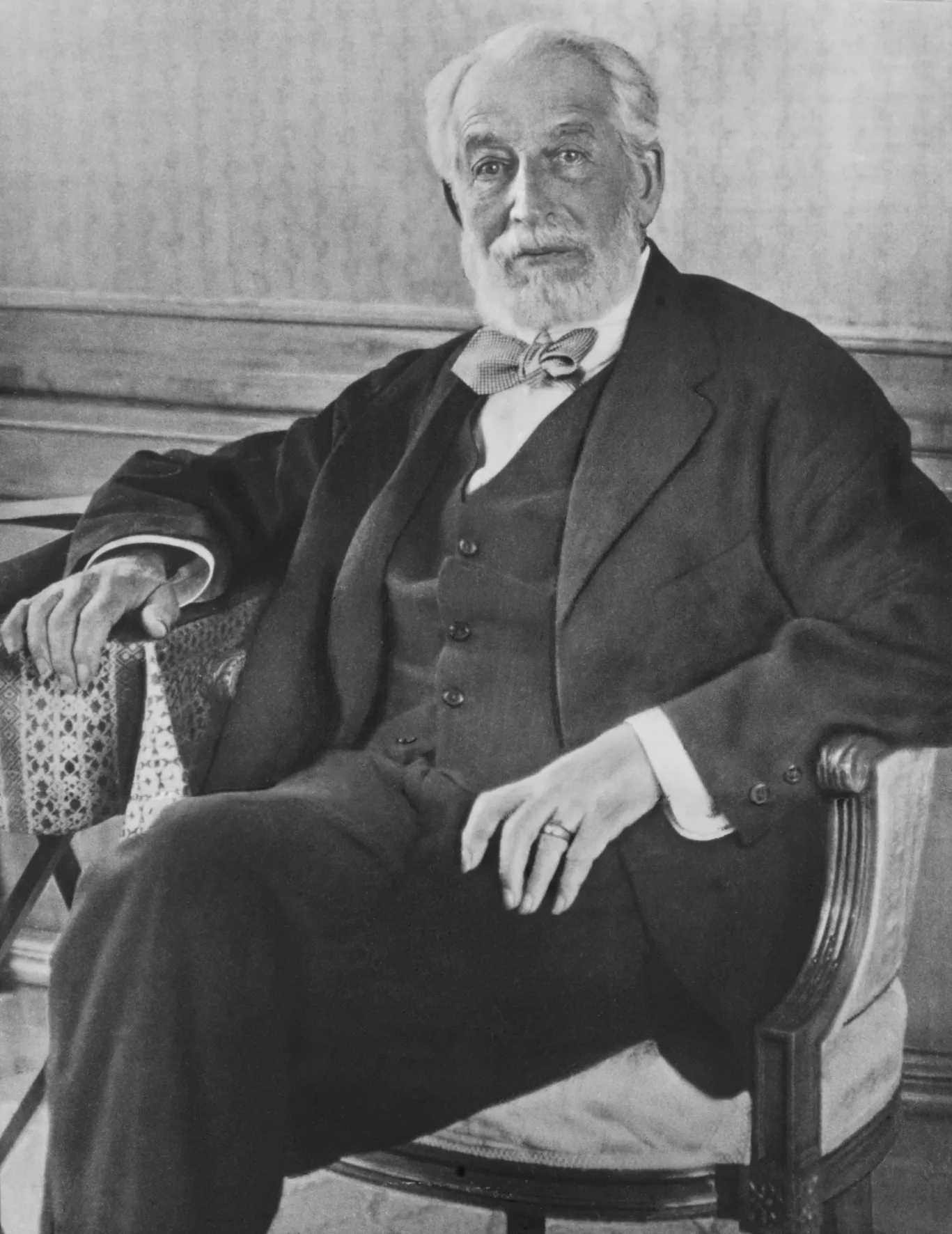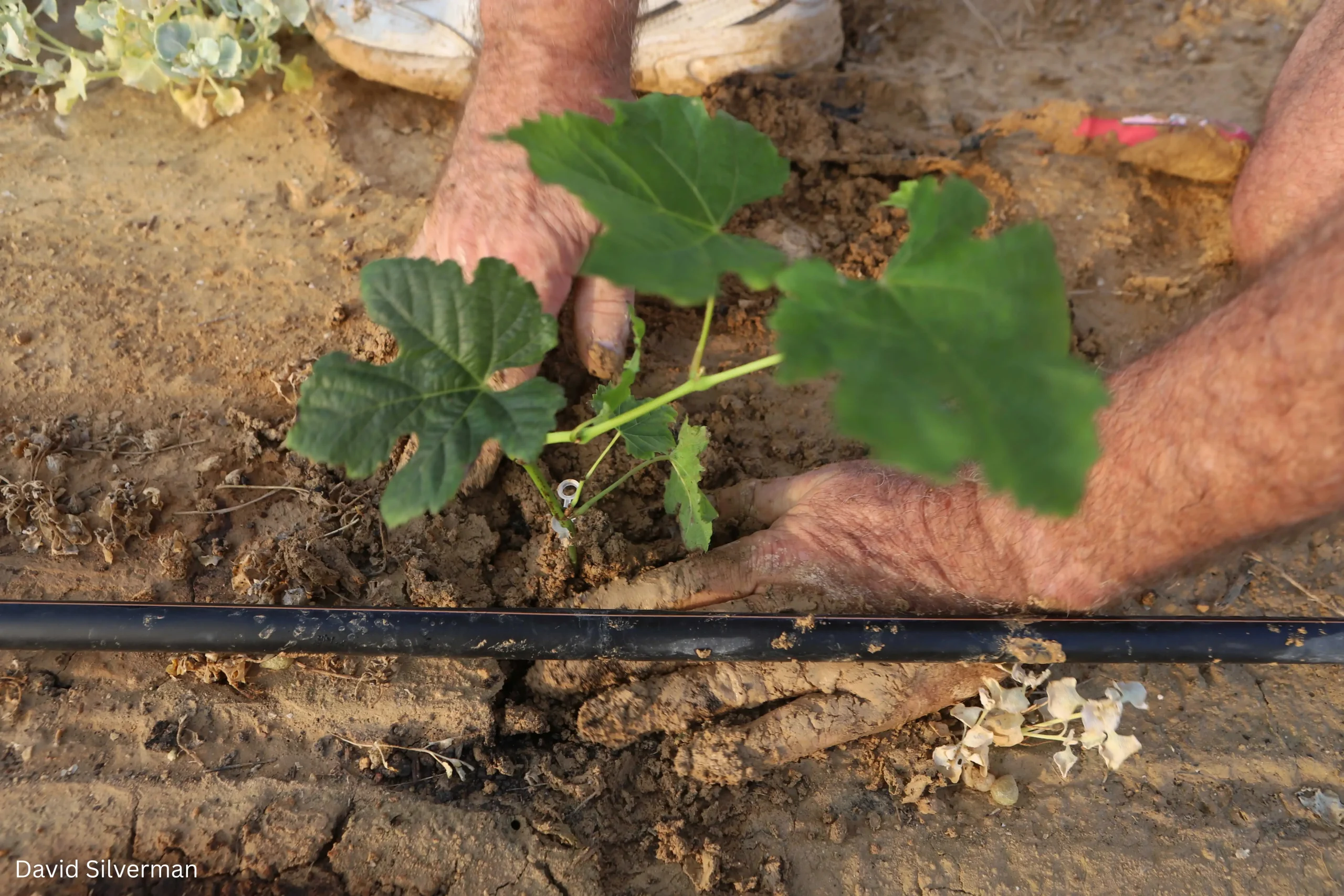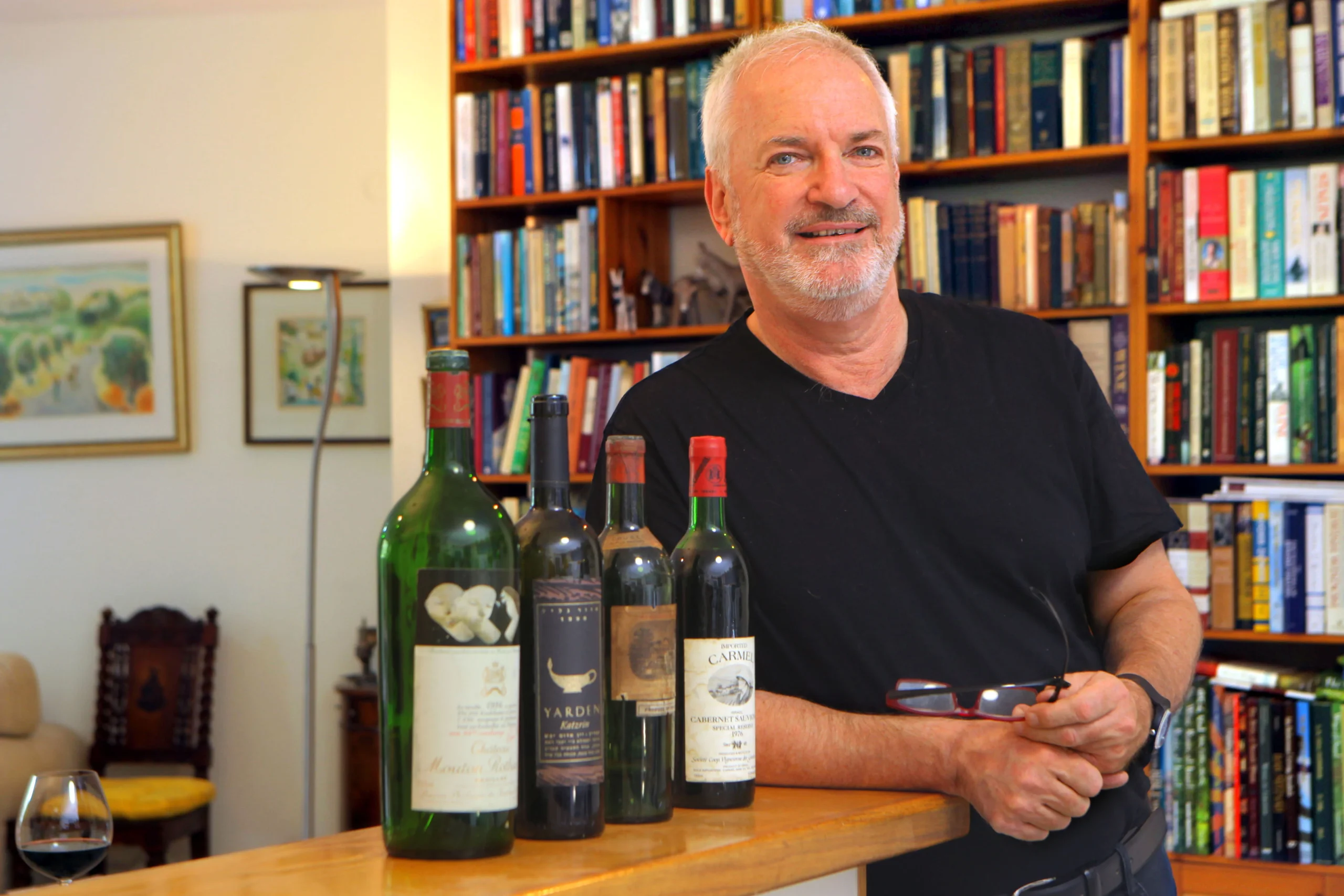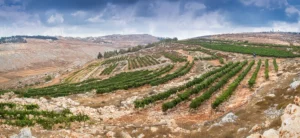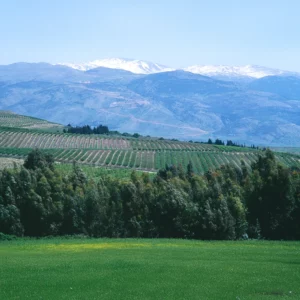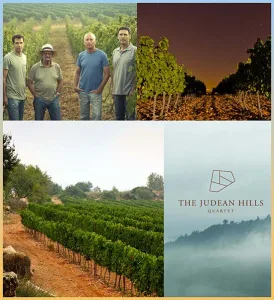Passover time again. Our annual wine festival, where Israelis and Jews all over the world, drink four cups of wine. During Seder Night, the youngest in the family will ask the question: “Why is this night different from all other nights?” The answer is plenty. Lock down, isolation, limited groups, staying away from Grandparents. Everything is different this year because of Coronavirus. However terrible the situation is, it does not release anyone from the obligation to celebrate the Seder and drink the wine. No doubt the numbers at each gathering will be smaller. Families that traditionally celebrated together, will probably need to break up into smaller groups.
On a positive note, it may give an opportunity for wine lovers to choose better wines. You certainly do not want to invest in a best bottle if you have 25 people or more sitting down, half of which don’t like wine anyway. I take myself as example. We are always a small group and with three people who have been in the wine trade, it is a good excuse to open some really good wines.
The Seder Night is set out like a Roman banquet. Certainly, in wine culture, there is an established order: first a sparkling wine as an aperitif, followed by a white wine with the first course, then a red with the main course and finally a dessert wine with the pudding. However, at Passover, the first glass is always flexible owing to a particular family’s tradition. Some choose the best wine they have. Many still use grape juice. Call me old fashioned, but I still believe the Carmel Tirosh Grape Juice is the best and purest on the market. Others insist on kiddush wine (a sweet sacramental wine.) I would always recommend a Moscato, Red Moscato or Carignano instead. Sweet, slightly sparkling and low alcohol, these seem to be the ideal choice for young families.
For those seeking table wines, new buying opportunities have opened up because of the situation. Many wineries now offer internet sales and home delivery. Supermarkets like Shufersal, Tiv Taam and Stop Market offer a better range of wines. No longer can it be said that there are no higher quality wines in a supermarket. Most offer online services, as do wine shop chains like Derech Ha’Yayin. Passover for us is like Christmas in the drinks trade elsewhere. It is the peak time for wine sales, so there are also some good promotion deals to be had.
I have made some recommendations of a wide range of wines in different price categories:
LESS THAN 50 SHEKELS
There are some good drinking wines in this category. No-one should feel bad about buying more inexpensive wines. In fact, it is sensible if you have a big Seder. The best value thread lies in the 3 bottles for 100 shekel category.
Carmel Selected Sauvignon Blanc 2019. This one of the best value Sauvignon Blancs in Israel. Clean, aromatic, with a sharp, refreshing acidity. If you are buying on price and want a bone-dry wine, this will not disappoint.
Jerusalem Hills Gewurztraminer 2018. There has to be a Gewurztraminer in this list. Israel’s new flavor of the month. This is aromatic, lean and semi dry. Exactly what those looking for a touch of sweetness are looking for.
Hayotzer Bereshit Cabernet Sauvignon 2018. A simple, up font, easy drinking cab. Full of flavor but light in weight. Best served slightly chilled. Good value.
Barkan Reserve Gold Edition 2017. Barkan is now Israel’s largest winery. This wine comes with a grand look. Put it on the table and people will think it is an expensive wine. However, it isn’t. It is a good inexpensive cab, soft with up front blackcurrant fruit, a ripe fruit flavor in the mouth and a full-flavored finish.
Tishbi Malbec 2019. This is the winery which really started the small winery boom, when established grower Yonatan Tishbi, decided to open a winery in 1985. Then it was a brave move and look what happened since! This wine is full of juicy fruit, easy drinking with a fresh finish. Good drinking wine.
NIS 50 – 80
This is the golden mean, the best price range for buying quality at a reasonable price.
1848 Winery, 2nd Generation Chardonnay 2018. I love this Chardonnay. Elegant, steely, and refreshing. A great food wine. The Shor family have been making wine since 1848. In fact, all the wines under the 2nd Generation label are recommended.
Galil Mountain Blanc de Noirs 2019. This is a white wine made from red grapes, in this instance Grenache. The color comes from the skins of the grape, and the pulp is white. It is a refreshing wine, with restrained fruit, a hint of peach maybe and freshly cut grass.
Neta White 2019. Delightful dry white wine made from Chardonnay and Sauvignon Blanc. The dry white wine is fresh, fragrant and super refreshing. Perfect for our climate and for Eastern Med cuisine.
Tabor Rosé Barbera 2019. This wine is a beautiful salmon pink colored rosé. Fruity, fun with a dry finish. Perfect with mezze or as an aperitif. It is made from Barbera, a rare variety in Israel, more well-known in Piedmont.
Teperberg Inspire Devotage 2018. Teperberg Winery really succeeded to reinvent themselves in the last decade. This is also their 150th anniversary, as the winery was founded in 1870. It is now Israel’s largest family winery. They use a series of make-up names, like Devotage, which is certainly original, but confusing. However, the wine (Malbec and Marselan) itself is full bodied, deep colored with lashings of black fruit, a sweet backdrop of vanilla and a mouth filling flavor.
Domaine Netofa Red 2018. Netofa is a winery which specializes in Mediterranean blends. This is a blend of Syrah, Mourvedre and Grenache. It has restrained fruit, not in your face, an attractive chewy flavor and a lively finish.
Segal Free Run Cabernet Sauvignon 2018. This is an elegant, fruity Cabernet made from free run juice, by Segal, part of the Barkan group. It has a lively freshness about it and the good fruit continues through to the finish.
NIS 75- 120
This category is more for the wine lover who understands wine and is prepared to pay just a little bit more for quality.
White Tulip 2019. Tulip Winery is one of Israel’s finest and most innovative small wineries. They specialize in unusual blends. This dry white wine is made from Sauvignon Blanc and Gewurztraminer. It has plenty of tropical fruit, with underlying citrus and grapefruit notes. It is always a favorite of mine.
Tzuba Semillon Sauvignon Blanc 2018. A nice wine made from 50% of each grape variety, Semillon and Sauvignon Blanc. Aged for 8 months on its lees, it has a delicate aroma, a broad flavor and a fresh finish. Tzuba Winery is situated on the hills west of Jerusalem.
Recanati French Blend 2019. A semi dry white wine made mainly from Colombard, balanced with a little Sauvignon Blanc and Muscat. The wine has a grapey & flowery aroma and a soft sweetness. Colombard is an unsung variety, but it grows well here and has good natural acidity. In Israel it is known as French Colombard, hence the name of this wine. It is one of the better semi dry wines out there.
Jezreel Valley Pet Nat 2019. This is a different wine if you like ringing the changes. Firstly, it is naturally sparkling (‘petillant naturel’ in French.) Informally sparkling if you like. Secondly it is made from Dabouki, one of those indigenous Holy Land varieties. It comes with a crown top closure (like a beer.) It is a party wine, fresh with mild fruit…and bubbles are always fun.
Tura Rosé 2019. Tura Winery produces wine in the Central Mountains region. Their wines rarely disappoint. This is a super rosé. Very lively with a tutti-fruity aroma, a touch of fresh strawberry and a oh so delicate sweetness. Recommended….a great drinking wine.
La Foret Blanche Dvir 2017. An innovative new initiative under the slogan ‘fine wine, true price’. I tasted the range and my favorite was this blend of Cabernet Sauvignon, Shiraz and Merlot. It had a beginning, middle and end. The aromas showed good but not blowsy fruit, the wine had mouth filling flavor and a clean finish. La Foret Blanche (‘The White Forest’) refers to Yatir Forest after snow. Offered at an initial special price of 85 shekels, but only online direct from the winery.
Kishor GSM 2017. Kishor Winery is a heartwarming estate winery producing underrated, elegant wines of fine quality. The winery is part of a community for adults with special needs. GSM refers to the grape varieties, Grenache, Syrah and Mourvedre. The wine has good fruit, a touch of spice, a hint of a smoky flavor and a satisfying lengthy finish. A refreshing, flavorful wine.
Dalton Majestic 2018. Dalton is producing some great wines under young winemaker, Guy Eshel. This wine is part of a new of a new range of artisan wines, which may be recognized by their bright colored labels. My favorite is the Majestic, which is on the light side of medium. Made from an old vine Carignan, it has a bright cherry berry aroma, a burst of fruit in the mouth and a refreshing finish. I loved it.
Drimia Cabernet Sauvignon 2017. Unsung small boutique winery making wines in the southern Hebron Hills. The labels are stylish, understated and the wines are pretty good too. This Cabernet shows good typicity. Blackcurrant, cassis nose, full fruit flavor, good structure. Nice wine.
NIS 120 +
This price range is more for feinschmeckers.
Alexander Lisa Chardonnay 2019. Alexander Winery has a reputation for big, bold wines, but this did not fit the stereotype. It was delicious. The wine was elegant, crisp and refreshing. Certainly, a good food wine. Lisa was the name of the owner Yoram Shalom’s mother, who made the jewelry featured on the labels.
Benhaim Reserve Cabernet Franc 2016. Benhaim is one of the closest wineries to the center of the country, being situated in Ramat Hasharon. The wines are made in a full bodied, heavily oaked style. This Cabernet Franc, I have to say it is well made. It is big in the mouth, dense and continues through to a powerful finish.
Shiloh Secret Reserve Merlot 2016. Shiloh is a regular award winner from the Central Mountain wine region. It is here where some of the best Merlots in Israel are made. This expression has aromas of deep, black fruit aromas, ripe plum and a plush round mouth feel. It is full bodied and quite oaky, but very well made and finishes long.
Yatir Creek 2016. This is a reincarnation of the previous Yatir Syrah, with a little Tannat and Petit Verdot. I have to say it did not seem right when I tasted it, but on second thoughts I should have aerated it or decanted it and it would have been ok. It is edgy, brimming with character and slightly funky.
Yarden Petit Verdot. The Golan Heights Winery continues to show consistency and quality. An example is this Petit Verdot, a variety that shows really well in Israel, but usually as a blending grape. This is a fine example of a varietal Petit Verdot. It is deep colored, with aromas of black berry and black currant fruit, a hint of violets, and an oaky backdrop. The wine has a long, lingering finish.
NIS 150 +
Finally, there are some interesting quality wines for those who appreciate them and with budgets to pay.
Psagot Peak 2017. A bold, full bodied Mediterranean blend made in the Central Mountains from Syrah, Petite Sirah and Mourvedre. It is fruity, complex, with a meaty and herbal character. A big wine in every way, with a long lingering finish.
Gvaot Gofna Reserve Pinot Noir 2017. Gvaot is the pioneer of the new interest in local varieties. Look out for their Hamdani Jandali and newish Bittuni. I have though selected their Pinot Noir which I believe is the finest I have tasted in Israel. It has that classic Pinot nose of raspberry, strawberry with a floral character and a hint of mushroom and forest floor. The oak regime interferes slightly, but will tone down with bottle age. Nicely balanced.
Odem Mountain Nebbiolo Syrah 2017. This is an unusual blend from our northernmost winery. Nebbiolo is the great variety of Barolo, but an exotic, rarity here. The wine has mainly red fruit, cherries and strawberry. It is a nicely weighted wine with a certain elegance and has good length. I really wanted to taste this and was not disappointed.
Bravdo Landmark 2B 2015. Classic Bordeaux style blend made from Cabernet Sauvignon and Merlot. The wine was aged in French and American oak barrels for 24 months. It is full bodied and smooth, with aromas of forest fruits, a hint of a herbaceous character and a backdrop of sweet vanilla. It is the flagship wine of Bravdo, which is a genuine estate winery situated in the Judean Foothills.
This is a time to be defiant and celebrate the Passover festival as Jews have done forever, sometimes under worse conditions. It is a time to buy Blue and White. Support the growers who are caring for the vineyards which will provide the fruit for the 2020 harvest. Help the wineries who have warehouses full of wine in preparation for what should, under normal circumstances, be the busiest time of the year. This plague of Coronavirus struck at the most critical time of the year, for those in the Israeli and kosher wine trade. Israeli wine needs your support and I hope you will respond by purchasing wine for home drinking and for this year’s Seder Night.
Adam Montefiore is a wine industry veteran who has advanced Israeli wine for over thirty years. He is the wine writer for the Jerusalem Post. www.adammontefiore.com


